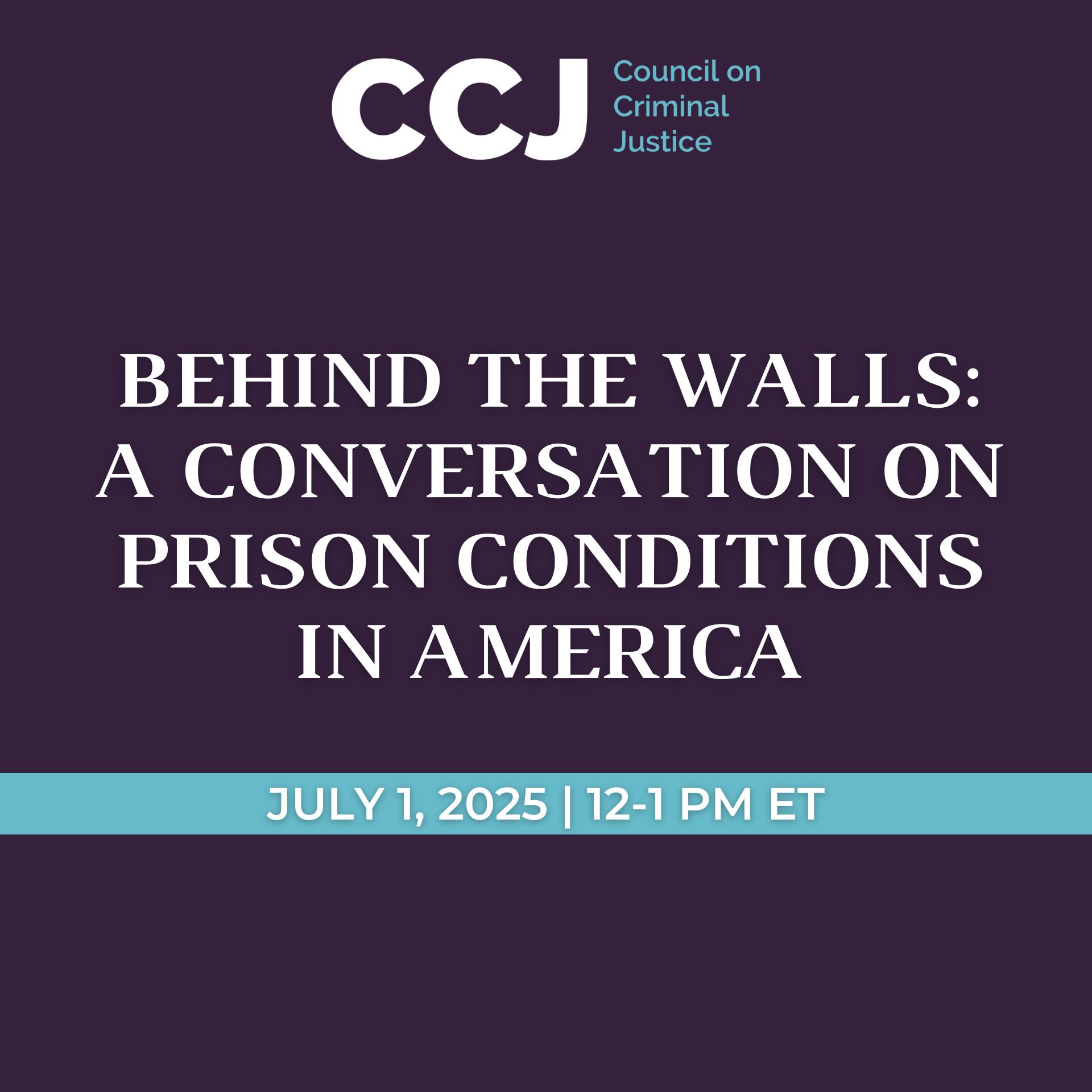On December 7, 2023, the leaders of the Council on Criminal Justice Centering Justice initiative – Khalil Cumberbatch and Marc Levin – led a discussion on the First Step Act ahead of the fifth anniversary of its passage. The discussion panel included CCJ Policy Specialist Cameryn Farrow as well as field experts Louis L. Reed and Ja’Ron Smith. The panelists discussed the Act’s estimated impact on recidivism as outlined by recent Council analyses as well as reflections on the passage of the Act and lessons learned for future bipartisan cooperation on criminal justice reform.
Highlights from the Conversation
Ja'Ron Smith
“A critical piece when building out legislation is creating trust. It’s hard to navigate the contours of politics and people’s differences … but it’s even harder if there’s no trust there to have a difficult conversation on what good looks like and what’s a real win.”
“How do we create policy reform that creates a safer system, but allows for a more fair system?”
“When I am looking at legislation now, for me, I think there is more work to be done to figure out how we deal with people who [commit] more serious crimes … I want to make sure once we start those reform efforts, we have good data that can back the right way to do it.”
“Education on the reality of the First Step Act is extremely important. We have been able to educate even those leaders who have tried to use the issue … politically to make a case. It’s been more politics than reality, when it comes to the legislation.”
Louis Reed
“Americans at our best should believe in liberty and justice not for some people, not for half of the people, but for all people.”
“Yes, our strategy was data-driven. Yes, we had empirical evidence that we were trying to present to legislatures that wanted to know what the data was saying. But also, we’re dealing with … human beings.”
Khalil Cumberbatch
“The First Step Act continues to stand out as a shining example of what can be achieved through bipartisan collaboration … Passed with resounding support from both Democrats and Republicans, this landmark federal legislation reflects a shared commitment to reforming our criminal justice system.”
“The First Step Act highlights what is possible when we prioritize common ground over political divides, working together to create a fairer, more compassionate and effective criminal justice system.”
Marc Levin
“This is one where we actually reduce the footprint of government and we are seeing positive results from that. That is also rare.”
“The two most trusted messengers on these topics for the public and policy makers are, first of all, police officers … and after that, formerly incarcerated individuals … There is an understanding that they bring unique knowledge, firsthand knowledge, to these discussions.”
Cameryn Farrow
“While people released under the FSA saw moderate reductions in time served, they seem to have had lower recidivism rates and a minimal contribution to nationwide arrests so far.”
“Our analysis found that folks released under the FSA had a recidivism rate around 37% lower than the rate for similarly situated folks.”
About the Centering Justice Initiative
- The Centering Justice initiative is a collaborative project engaging a diverse range of the nation’s top thinkers and doers in an ongoing, ideologically vibrant conversation about criminal justice policy.
Additional Resources
- To join the Centering Justice email list, please click here.



